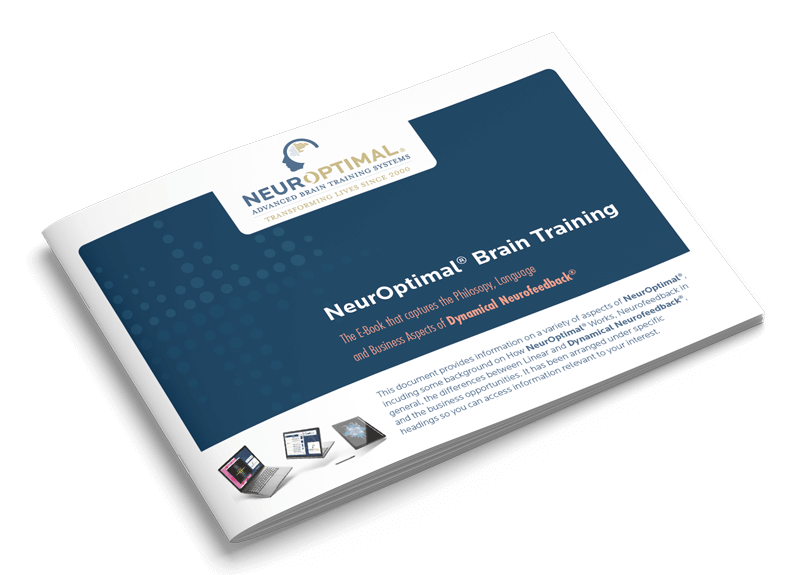
-
Posted By Neurofeedback
-
-
Comments 0
Are you struggling to cope with stress? Is your health suffering due to you not being able to cope with the stresses of modern life? Do you put up a boldface every day even when you know you need some help?
Stress is all pervasive. In fact, modern life has become synonymous with stress and this is why most people don’t take it as seriously as they should until cracks start showing up and things get to a point where it is almost unbearable.
What is Stress?
In simple terms, stress may be defined as the response of your body to a demand or a challenge. Stress is common and may be triggered by a wide range of events including unpleasant social engagements, problems with kids, problems with partners, issues at the office, road rage from traffic and so on.
Stress Can Be Positive
If you are in a dangerous situation, stress is designed to make your body much more responsive to threats which gives you a better chance of getting out of danger. However, not dealing with stress for long periods of time will eventually lead to mental health issues that may translate into depression or anxiety or other health issues, some of which can become physical issues.
If you feel that your life has become really stressful, here are a few ways for you to reduce stress:
1). Learn to say no
One of the most common reasons people start to develop stress is because they cannot say no. It could be additional work responsibilities, an unsupportive partner, or other such problems. If you feel that you shouldn’t give your time and energy to something, it is completely okay for you to say no. Nothing is more important than your health — physical and mental.
2). Regular exercise
Most people who are under stress often neglect their health. They stop working out and put on weight which exacerbates their stress levels. You don’t really need to spend hours in the gym to get into shape, and you also don’t need to look like a professional athlete.
You just need to give your body enough time to remain fit. There are several exercise regimens that focus on providing enough workouts for your body to release endorphins and help you maintain a good mood.
Even activities such as Pilates and yoga can be extremely beneficial as they combine a mental and physical workout. This not only helps to keep you in great shape but brings a good mental and physical balance into your life.
3). Find your triggers
Start journaling and keeping track of your day-to-day life. This will help you figure out your stress triggers. Start using a health band or a smartwatch or simply scribble down your thoughts and feeling either on paper or even the notes app on your phone.
If you note down your daily activity and match it with the heart rate data recorded by the health band or smartwatch, it can help you figure out what triggers your stress. Once you have figured out your triggers, it should allow you to manage things much better.
Journaling will also help you reflect back on how you were feeling at certain times and why you were feeling that way. It’s like speaking to a non-judgemental friend you can say anything to.

4. Pay attention to your diet
What you put inside your body plays a huge role in your stress levels. If you’re in the habit of consuming a lot of processed food that is high in sugar, it will be difficult for you to manage your stress levels with a sugar-rich diet.
Also, if you are not eating a healthy and balanced diet, you may develop a nutritional deficiency that is essential to regulating your mood. For instance, you need magnesium as well as B vitamins to regulate stress levels.
5. Neurofeedback training
NeurOptimal® offers a non-linear neurofeedback training system that is designed from the ground up to help you better manage your stress levels. This program focuses on developing your central nervous system to help it develop better coping mechanisms.
It is a non-invasive method and it works at the underlying issues responsible for causing stress. Hundreds of thousands of people around the globe have used it to reduce their stress levels. With reduced stress levels, you will develop more self-control and enjoy better health and clarity.
Final Thoughts
Chronic stress has become so prevalent in modern society that many people don’t even pay attention to it as they consider it a part and parcel of modern life. However, that’s not really true.
If you don’t take action to manage your stress levels, it will eventually develop into something far worse and may lead to anxiety and depression.
Regular exercise, a balanced diet, learning to say no and neurofeedback training will go a long way in helping you manage your stress levelhttps://neurofeedback.com.au.
As far as neurofeedback training goes, NeurOptimal® has been used by hundreds of thousands of individuals globally. It has changed lives with more than 4 million training sessions across the world and 50,000 sessions monthly, so this system works!
Please call us today at Neurofeedback Australia on 0438 710 015 for more information or leave an enquiry.


